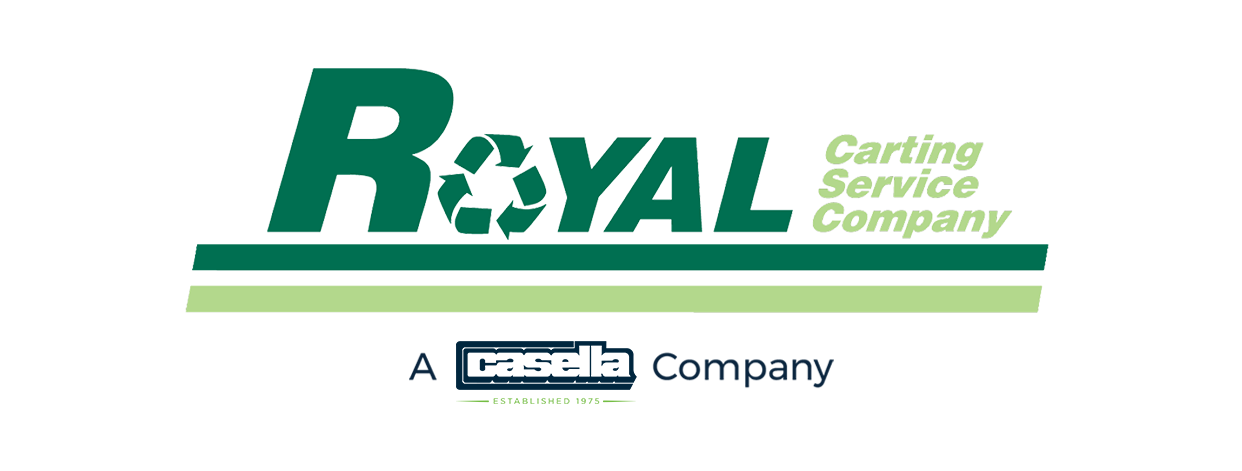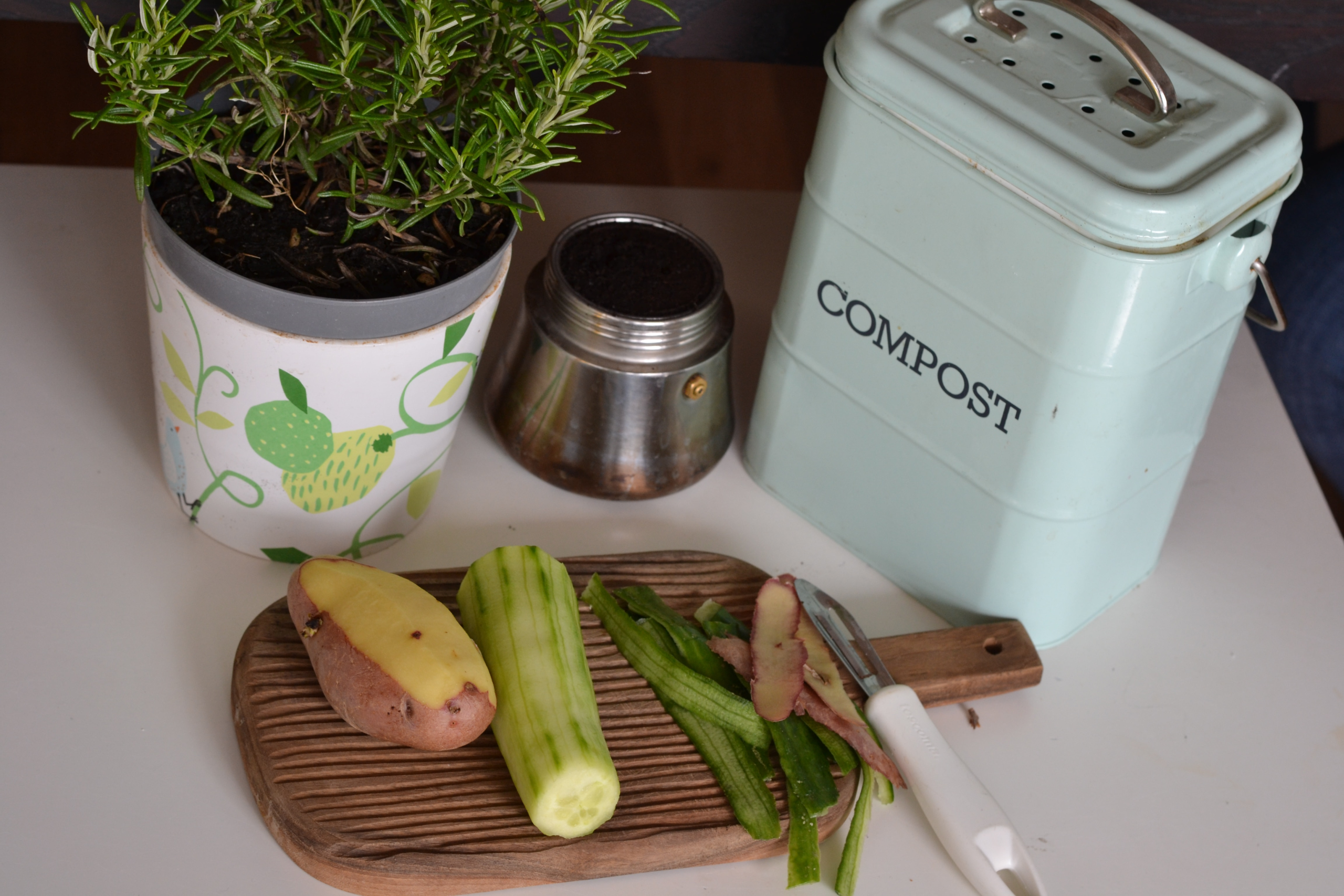Composting is a natural process that turns organic waste into a nutrient-rich soil amendment that can be used to improve the health and fertility of your garden. It’s an easy and effective way to reduce the amount of waste that ends up in landfills and to create a sustainable and healthy environment. Here are some tips for everyday composting that you can use to get started.
1. Start Small
Composting doesn’t have to be a big project. You can start with a small bin or pile in your backyard or even in a small corner of your kitchen.
2. Know What Can Be Composted
Many organic materials can be composted, including fruits and vegetables, coffee grounds, eggshells, yard waste, and even paper products. It’s important to avoid composting meat, dairy, and oil-based products, as these can attract pests and create unpleasant odors.
3. Balance Your Greens and Browns
In order for your compost pile to break down properly, it’s important to maintain the right balance of “greens” and “browns.” Greens are high in nitrogen and include things like grass clippings and vegetable scraps. Browns are high in carbon and include things like dead leaves, straw, and paper products. A good rule of thumb is to add equal parts greens and browns to your pile.
4. Add Some Air
Aeration is important to the composting process. Make sure to turn your pile regularly to mix the materials and provide oxygen to the bacteria that break down the organic matter.
5. Water Your Compost Pile
Keep your pile moist but not too wet. You can add water as needed, but don’t let the pile become waterlogged.
6. Be Patient
Composting takes time. Depending on the size of your pile and the materials you’re using, it can take anywhere from a few weeks to a few months for the materials to break down and become usable compost.
7. Use It
Once your compost is ready, you can use it to improve the health and fertility of your garden. Compost can be added to soil to improve its structure and water-holding capacity, or it can be used as a top dressing on lawns or gardens. The benefits are endless!
Composting is a simple, natural way to reduce waste, improve soil health, and promote sustainability. By following these tips, you can start composting at home and make a positive impact on the environment.

